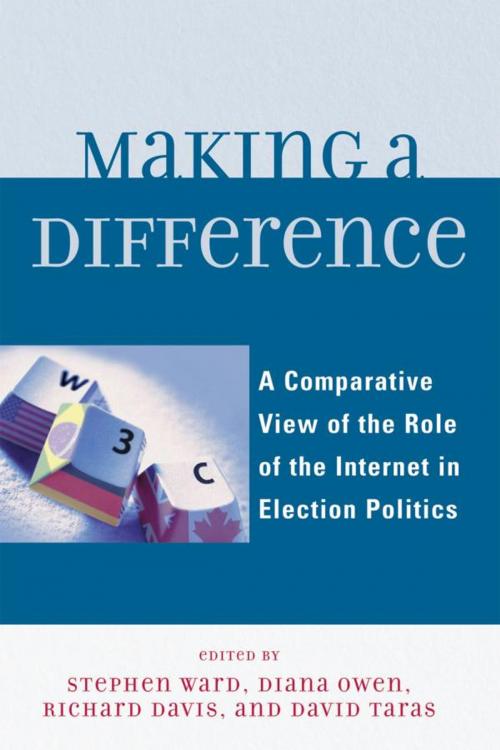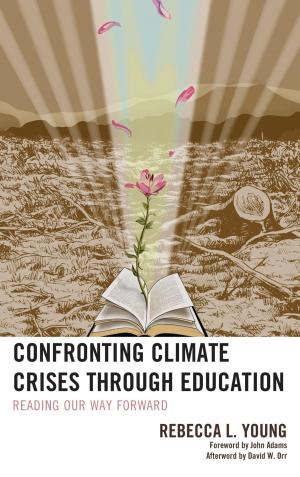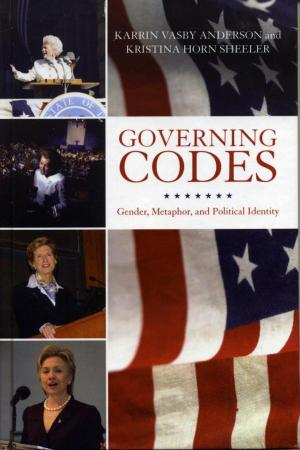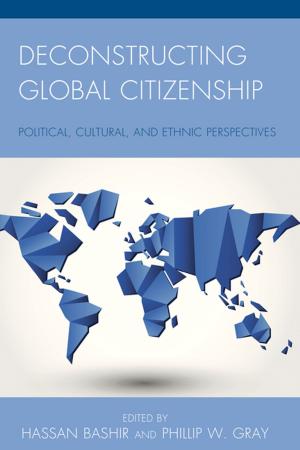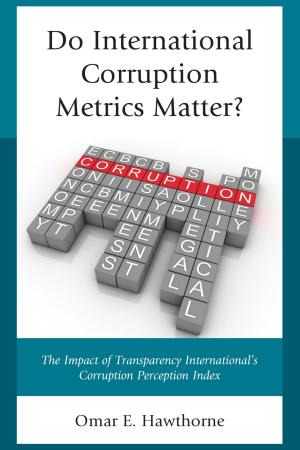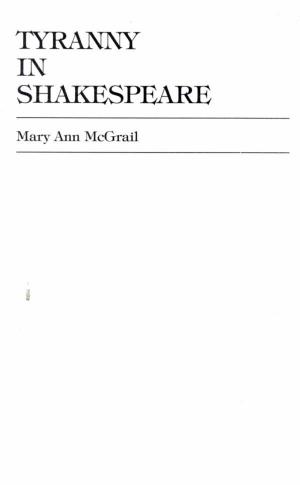Making a Difference
A Comparative View of the Role of the Internet in Election Politics
Nonfiction, Social & Cultural Studies, Political Science, Government, Elections, Social Science| Author: | Diana Owen, Richard Davis, Taylor Boas, Ian McAllister, Rachel Gibson, Randolph Kluver, Tamara A. Small, David Danchuk, Wainer Lusoli, Jose-Luis Dader, Marc Hooghe, Sara Vissers, Gerrit Voerman, Marcel Boogers, Sara Bentivegna, Eva Schweitzer, David T. Hill, Professor, Asia Research Centre, Murdoch University | ISBN: | 9781461633754 |
| Publisher: | Lexington Books | Publication: | March 13, 2008 |
| Imprint: | Lexington Books | Language: | English |
| Author: | Diana Owen, Richard Davis, Taylor Boas, Ian McAllister, Rachel Gibson, Randolph Kluver, Tamara A. Small, David Danchuk, Wainer Lusoli, Jose-Luis Dader, Marc Hooghe, Sara Vissers, Gerrit Voerman, Marcel Boogers, Sara Bentivegna, Eva Schweitzer, David T. Hill, Professor, Asia Research Centre, Murdoch University |
| ISBN: | 9781461633754 |
| Publisher: | Lexington Books |
| Publication: | March 13, 2008 |
| Imprint: | Lexington Books |
| Language: | English |
This book is a cross-national analysis of the role of the internet in national electoral campaigns. It covers an array of electoral and party systems throughout the globe from parliamentary to presidential, party-based to candidate-oriented, multi-party to two-party, and stable party system to dynamic party system. It takes a look at three groups of nations with varying levels of Internet access_those where internet usage is common across demographic groups, those where usage has reached significant levels but not widespread penetration, and those where internet access is still limited to a small elite. Each chapter is a study of a particular nation, focusing on its electoral and party systems, the accessibility of the Internet to the population, the nature of candidate/party usage, and the effects of the internet on the conduct of campaigns. By reviewing the findings from these studies, Making a Difference draws conclusions about exactly how the internet influences electoral politics.
This book is a cross-national analysis of the role of the internet in national electoral campaigns. It covers an array of electoral and party systems throughout the globe from parliamentary to presidential, party-based to candidate-oriented, multi-party to two-party, and stable party system to dynamic party system. It takes a look at three groups of nations with varying levels of Internet access_those where internet usage is common across demographic groups, those where usage has reached significant levels but not widespread penetration, and those where internet access is still limited to a small elite. Each chapter is a study of a particular nation, focusing on its electoral and party systems, the accessibility of the Internet to the population, the nature of candidate/party usage, and the effects of the internet on the conduct of campaigns. By reviewing the findings from these studies, Making a Difference draws conclusions about exactly how the internet influences electoral politics.
